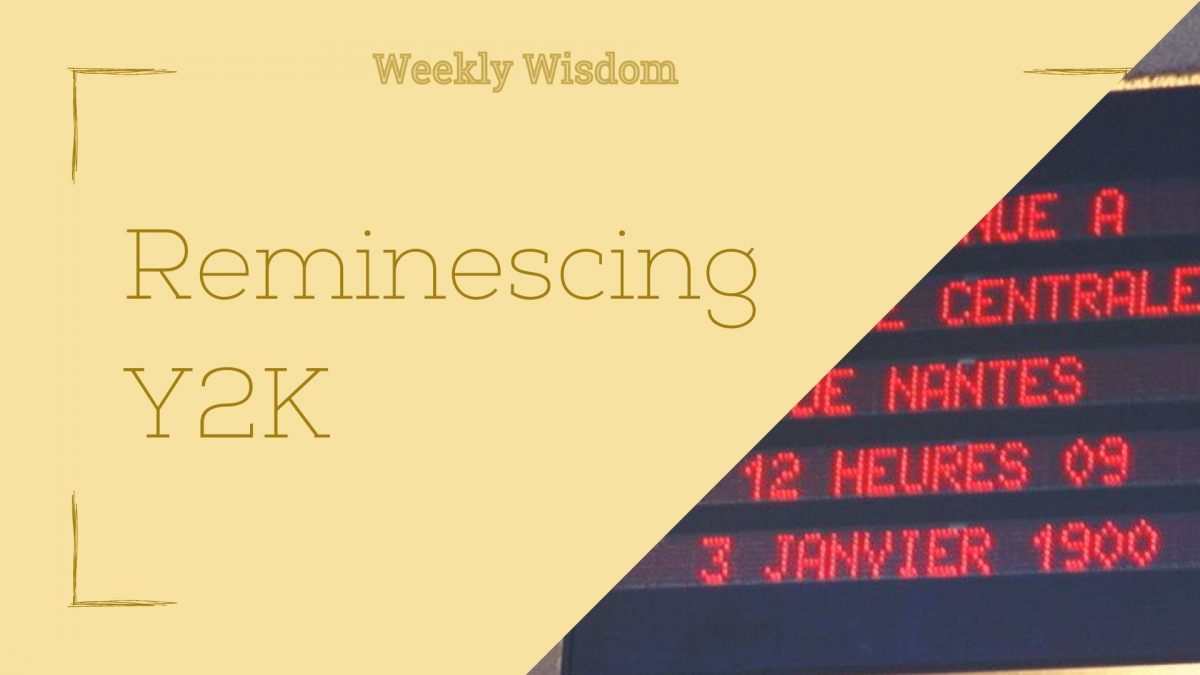Hello Subscribers, New and Old.
Welcome to Weekly Wisdom, your weekly dose of highlights, quotes and notes from my notebook. If you would like to receive this in your inbox, subscribe now. If you want to support, do checkout the links in the Friends of Weekly Wisdom Section.
💡Something I learned
Swapping Graft
Climate Offsets are a scam. I have know about them for a while, but this video illustrates how the incentives can’t be aligned. It covers the forest protection scams, but also newer experiments in providing people in remote areas with more efficient stoves.
We can’t buy our way out of this mess. No matter what the Cult of The Free Market Fairy tells you.
📕Something to read
- What is terrorism: The term has been abused by state actors across the world. This twitter thread reveals various forms it takes. It also clarifies what it is and isn’t, and why we should be careful when using it.
- Esquire’s Miles Teller profile: The usual celebrity fluff profile, except one key difference; the slant is quite transparent. A good lesson on how to force a voice down your subject’s throat.
Friends of Weekly Wisdom
- Refind: The essence of the web, every morning in your inbox. Tens of thousands of busy people start their day with their personalized digest by Refind. Sign up for free and pick your favorite topics and thought leaders. https://refind.com/?utm_source=newsletter&utm_medium=barter&utm_campaign=FU-SmtfFzzhQJDgFEz5eiw
- The Sample: The Sample lets you try the best newsletters based on your interest. With one-click you can subscribe if you like.
🗣Some Quotes and Notes
t3h_gre4t_c0n
The current crypto meltdown has a all the features of a gruesome car crash, but far more uglier. It made me revisit the Y2K panic from 23 years ago. This post, written right after things died down. The author recalls how the IT industry turned a minor issue into a massive panic and fleeced billions.
In the end, the panic had nothing to do with the flip from 99 to 00. It was about our culture’s fear and dependence on electric computers made out of plastic, glass and metal. As you read this, there are the same amount of computer failures today as there were on Dec. 31, and as there are on any given day, pre- or post-Y2K. It simply symbolized our distrust of computers.
—David-Robert Loblaw, You got conned and I told you so
Get Ready for Digital Serfdom
As a person who has been on the wrong end of big tech apathy, this essay had a special interest to me. Yanis Varoufakis is an economist, and former Minister of Finance for Greece. He lays out how the global capitalist order is giving way to a new form of feudal economy, where we are all serfs in to massive tech platforms. I disagree with the scale of his proposition, but it is not altogether merit-less
Then, after 2008, everything changed. Ever since the G7’s central banks coalesced in April 2009 to use their money printing capacity to re-float global finance, a deep discontinuity emerged. Today, the global economy is powered by the constant generation of central bank money, not by private profit. Meanwhile, value extraction has increasingly shifted away from markets and onto digital platforms, like Facebook and Amazon, which no longer operate like oligopolistic firms, but rather like private fiefdoms or estates.
…
But while capitalism may end with a whimper, the bang may soon follow. If those on the receiving end of techno-feudal exploitation and mind-numbing inequality find a collective voice, it is bound to be very loud.
—Yanis Varoufakis, Techno-Feudalism Is Taking Over
On Friendship
A very straight-forward description of what makes a good friendship.
Any skill or attribute you claim makes you unique—”I’m really funny”, “I’m good at shining shoes”, “I’m an attentive lover”—you can always find someone else better than you on that dimension. They’re funnier, fitter, richer, sexier, smarter, or better at shining shoes than you are. We can’t help but desperately compete in this unwinnable game of having the best collection of attributes to show off.
That’s why friendships formed via shared interests often feel shallow. It’s because a real friend is someone who has things that can’t be listed on a résumé: trust, loyalty, love, belonging, safety, and a sense that they’ll back you up when the times get tough.
—Bill Mei, Friendships form via shared context, not shared activities
Thank you for joining me this week. If you know some who might enjoy this, please forward this email to them. See you next week.
Mudassir Chapra

